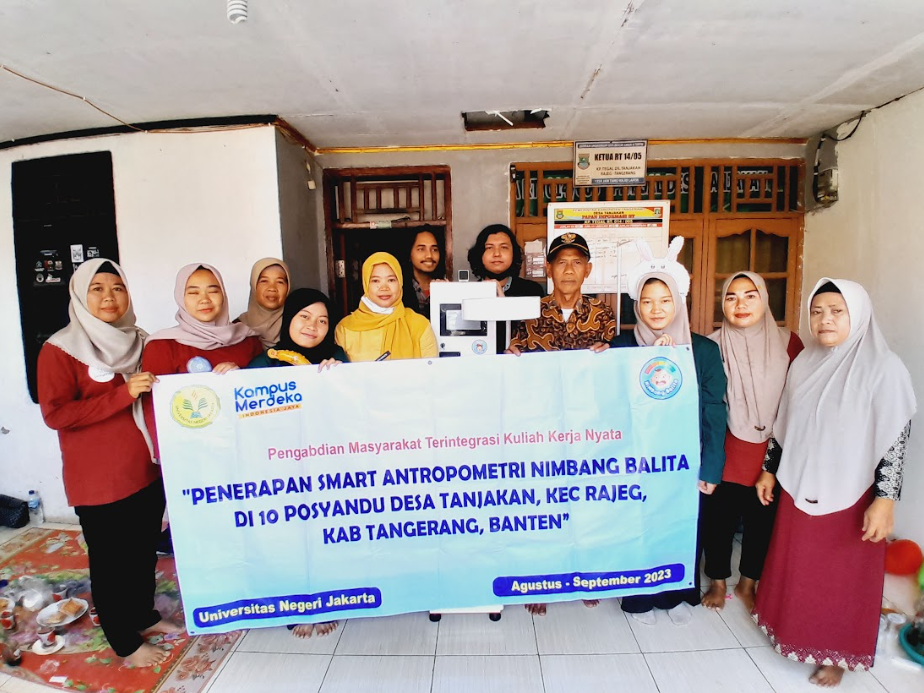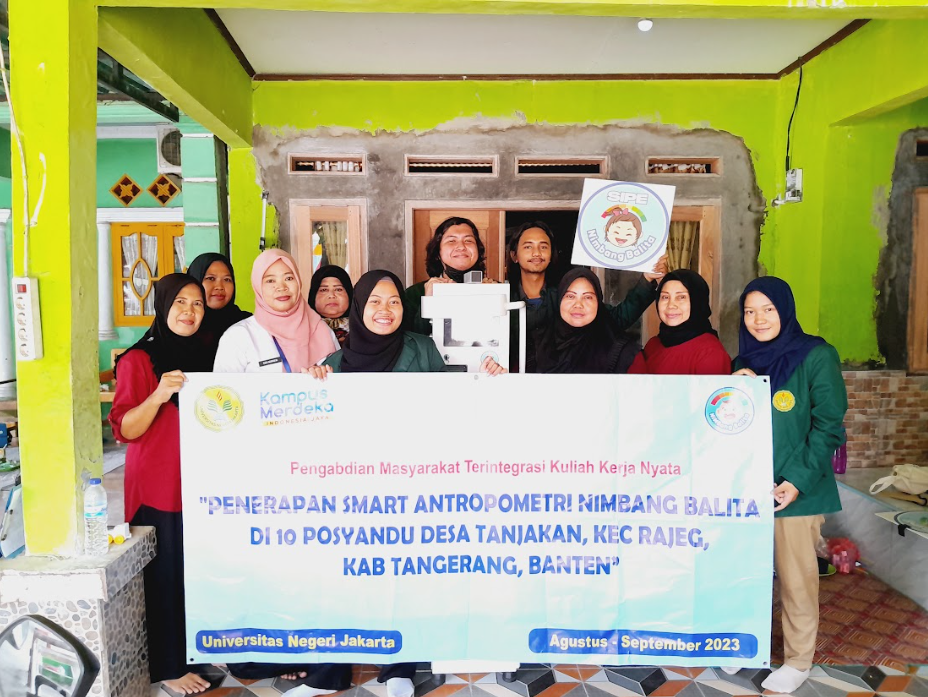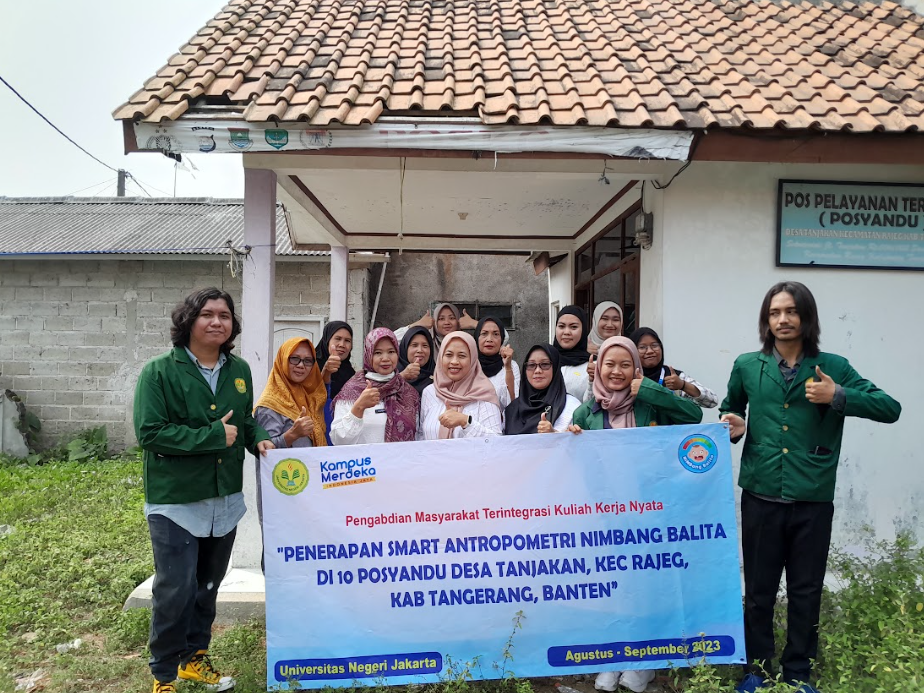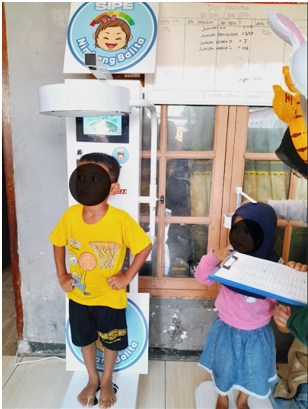Indonesia is one of the countries that suffers from the problems of nutrition known as triple burden malnutrition (TBM), which is the problem of undernourishment (stunting), obesity (overnutrition), and hidden hunger. (micronutrient deficiencies). Approximately 1 in 3 children under the age of 5 have stunting, 1 in 10 have wasting, and 8% are overweight. According to the latest data from the Indonesia Nutrition Status Survey (SSGI) in 2022, 21.6% of children under 5 years have stopped. The President of Indonesia is targeting a 14% decrease in stunting by 2024 by issuing Perpres No. 72, 2021, on the Acceleration of Stunting Decrease. If in 2019 the stunting reduction strategy is only the authority of the Ministry of Health, then this 2021 policy mandates that the acceleration in stunting decreases be carried out holistically, integratively, and qualitatively through coordination, synergy, and synchronization between stakeholders.

Stunting needs to be detected early in order to be dealt with immediately, as stunting intervention is only optimal if done before the child is two years old. Interventions carried out for stunting reduction include specific interventions, sensitive intervention, supportive intervention and integrated intervention. Child growth monitoring is one part of a specific intervention, while posyandu strengthening is a part of supporting intervention. Monitoring activities are carried out in basic health facilities among other posyandu. Posyandu is the leading guard of health and nutrition services for pregnant mothers and young children. With a great deal of responsibility, the fate of posyandu is now the tip of the spear and the focus of public health. However, health personnel in primary health care facilities, including posyandu, are still faced with problems of well-being, unequal distribution, lack of training and capacity-building, as well as a minimum of supporting means in health care, including accurate weighting and height measurements and manual nutritional status assessment.


As a contribution to reducing stunts through strengthening posyandu, a research team consisting of Dr. Umiatin, M.Si., Dr. Widagatanrum Indrasari, M.Si, Taryudi, Ph.D., Ir. Fariani Hermin, M.Si., and a group of students of the Physics Studies Program of the State University of Jakarta have made an innovation in the development of the intelligent anthropometric instrument “Balita Weight”. This instrument serves as a weight measurement, body height, and head circle. It is equipped with a body temperature-measuring instrument. It also comes with a system for automatically classifying the nutritional status of juveniles; in addition, it is also supplied with an expert system for predicting stunting risk. This tool has been tested to be implemented in a limited manner in nine posyandu villages in Tanjakan district and Rajeg district of Tangerang through the activities of the community devotion Integrated Real Work College (PKM-KKN). The village of Tanjakan, as one of the locus and targets for the decline of stunting in the province of Banten, has news about 700 active children coming to Posyandu every month, yet the facilities in Posyandu are not sufficient. This 2023 KKN PKM activity has received a very good response from posyandu cadres and new parents and is expected to be carried out continuously so that there are real benefits for improving mother and newborn health.
